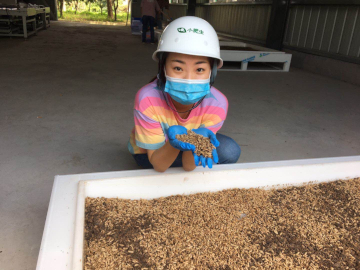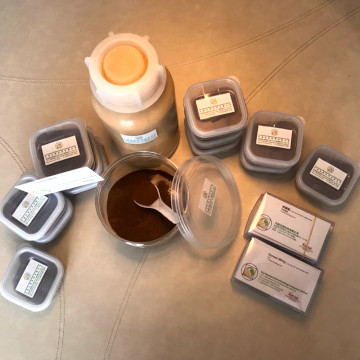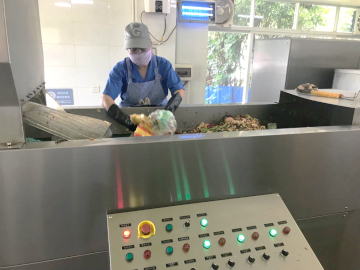Eco Nutrient Biotechnology Company Ltd.
The Hong-Kong-based start-up Eco-Nutrient Biotechnology Company Ltd. and its Foshan-based subsidiary, Little Fat Worm Biotechnology Company Ltd. are redefining waste management, using restaurant waste to breed larvae that are then processed and upcycled into numerous products, such as animal feed and even crude oil substitutes.
With their new approach, organic waste management becomes more sustainable, efficient, and even more profitable. For these reasons, Eco-Nutrient Biotechnology Company Ltd. has been chosen as the ISC3 start-up of the month for July 2020.
Year of Foundation:
2015
Addresses the following SDGs:
SDG 2 (zero hunger), SDG 6 (good health and wellbeing), SDG 11 (sustainable cities and communities), SDG 9 (industry, innovation and infrastructure), SDG 11 (sustainable cities and communities), SDG 12 (responsible consumption and production), SDG 13 (climate action), SDG 17 (partnerships to achieve the goal)




